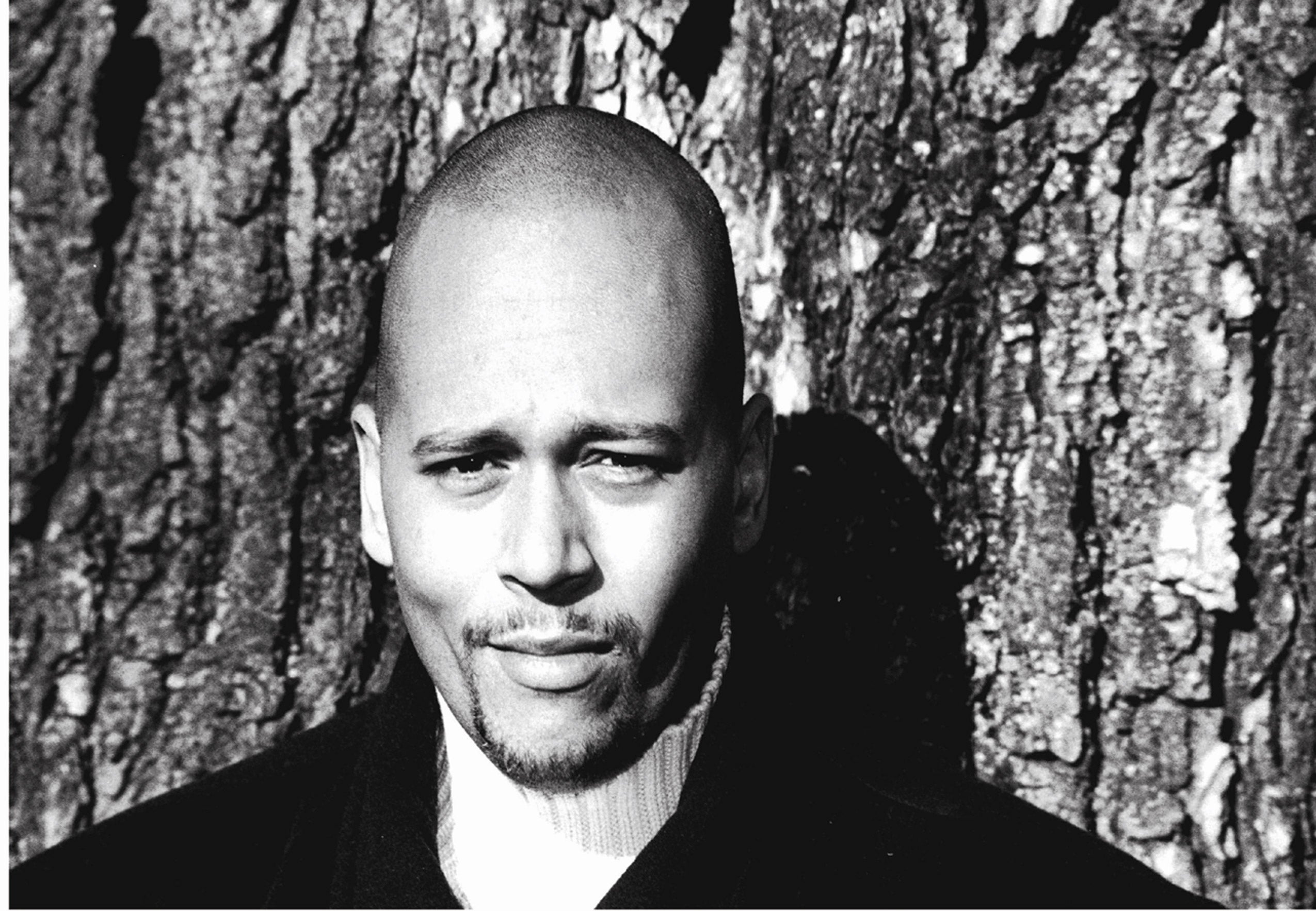Murad Kalam ’02 sprinkles his conversation with name after name after name: Toni Morrison, Saul Bellow, Norman Mailer, W.H. Auden, Virginia Woolf. He doesn’t do it in a “look what I’ve read” sort of way, but with a pure sense of admiration and inspiration, like an omnivorous hunter of literary wisdom. He does it in a way that makes you think someday young writers will be intoning his name with the same passion and purpose.
In fact, he has already joined the ranks of established writers such as Joyce Carol Oates, Louise Erdrich, and T. Coraghessan Boyle, all winners of the 2001 O. Henry Awards. Kalam’s short story “Bow Down,” which appeared in Harper’s Magazine in October 2000, was one of 17 chosen from approximately 3,000 published that year in American and Canadian magazines. Part of a recently completed novel, “Bow Down” exposes a world of lawlessness and hopelessness on the streets of South Phoenix, where fatherless black boys try to find their only sanctuary in an abandoned house that becomes a battleground.
This is not Kalam’s world, despite what people who don’t know him sometimes think. He is from Mesa, Ariz., the son of a doctor, from a family of writers. He has never been inside a crack house; he read a book about one as part of his research. Yet his background does not diminish his empathy for the characters he creates.
“While it wasn’t my experience, I felt it was very important to render this properly and to put emphasis on poor people and the dispossessed, which is one of my obsessions,” said Kalam. “I was always looking to people who had tougher experiences than I did. And there are so many fewer degrees of separation when it comes to black people between someone who goes to Harvard and someone who doesn’t have everything together.”
He started writing when he was 11, already planning to be a novelist. As an undergraduate at Harvard College, Kalam found a mentor in Jamaica Kincaid, who taught him in a writing class and told him he has something special inside that makes him a writer. He is now in the process of finding a publisher for his novel, Night Journey, a revised version of his undergraduate thesis.
For Kalam, this is just a start. He is planning to write a novel set in Saudi Arabia, a book about legal education, perhaps even a memoir of HLS, a place that has taught him about the world outside literature, he says, and has solidified his interest in practicing law.
“The thing that I love the most about the law is that it gives me some tools to express other parts of me,” he said. “I want to have a foot in the world. The problem with a lot of great writers is that they don’t have anything to say off the page. Some of the greatest writers are some of the loopiest people.
“I want to be relevant and helpful to black people in America–not just black people but people who are poorly situated. When a lawyer stands up, it’s much more likely to have relevance to people.”
The job of a fiction writer is serious too, Kalam says. You believe it when he talks about writing with a “disinterested, gnostic love for humanity.” Or when he quotes Victor Hugo about writers needing to be hard on their characters. For some readers of “Bow Down,” Kalam’s characters may represent the worst stereotype of young black people. But, he said, “I could write about anyone and try to bring up his or her baseline humanity, but you also have to show warts and all. It doesn’t matter if they’re poor or rich. You have to be realistic and honest and get past the artifice.”
After all, literature is always about suffering, says Kalam, even if it’s not going to eliminate anyone’s suffering. Except maybe the person doing the writing.
